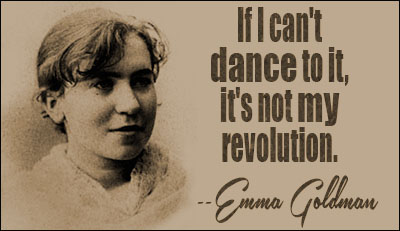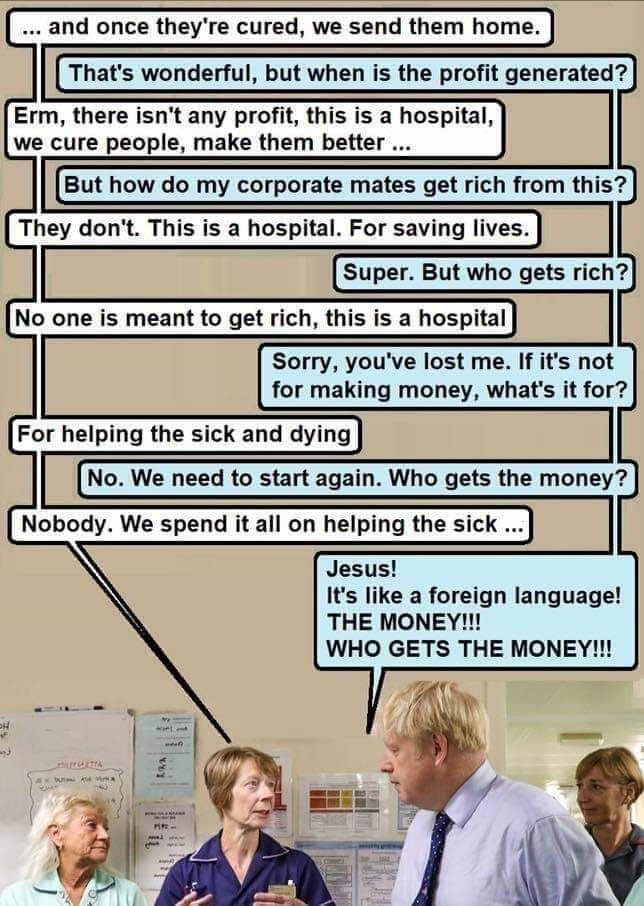There’s an old rot in the heart of European tech policy – and it’s not just from the corporate lobbies. It’s also sprouting from the well-funded, #NGO-flavoured corners of what should have been grassroots. A contradiction that tells us everything we need to know about how broken the current #EU #mainstreaming crew and paths are.
Take #Eurostack for example, on paper, it looks decent: a collaborative push toward European digital sovereignty, resilience, and open-source infrastructure. The slogan is right, some of the tech might be right. But the people who will be driving it? And the people that will flood onboard to push it thought, that’s where it falls apart.
The same revolving-door #NGO actors, the same consultant-heavy think-tankers. The same polite funding circles that treat power as something to be managed, not challenged. These are not builders, these are managers of decline, politely sanding the edges off radical tech to make it presentable to policymakers, while completely ignoring the communities that could actually make it work.
And then we have #NLnet, which still has some grassroots soul left, but let’s be honest, the #geekproblem rears its head. Some of the funded projects are brilliant in technical terms but exist in complete social isolation. Beautiful protocol paths that no one will use. Decentralized stacks with zero real social onboarding. Tools solving problems that are themselves geek-invented, not in any sense real-world urgent.
So what do we get? Corporate-captured “open” projects that simply entrench the status quo, with a shine of progressive #PR (hello #Mozilla). Funded grassroots tech that is overengineered, fragile, and oblivious to social or political context it’s built for. Endless talk of “digital commons” by people who’ve never participated in one.
The result? More #techno-solutionist dead ends, more paper victories, more funding poured down the drain, to tame, abstracted versions of real solutions. And worse, a complete blind spot for why the #openweb is in crisis: it’s not a lack of good tech, it’s a lack of courageous, messy, trust-based social organising.
Too many of the actors at the table are blinded by the #deathcult of neoliberal governance. They don’t want alternatives – they want reforms that keep their seats at the table warm. This isn’t conspiracy talk. It’s about structural failure: the very people tasked with change have made comfort and compliance their operating system. That’s why the best thing we can do with this EU mess is compost it.
Let’s be clear: We’re not burning bridges with #NLnet or even #Eurostack. We’re building parallel paths with stronger roots, clearer intentions, and radical memory. We’re rebooting native projects like #indymediaback and the #OpenMediaNetwork not because the EU can’t help, but because it won’t, unless it’s dragged there by working alternatives. Until then, the #mainstreaming “solutions” paths will remain #PR for a status quo that’s rotting and failing with decay. Pastime for you to help to compost the lot, and grow better from the mulch.









